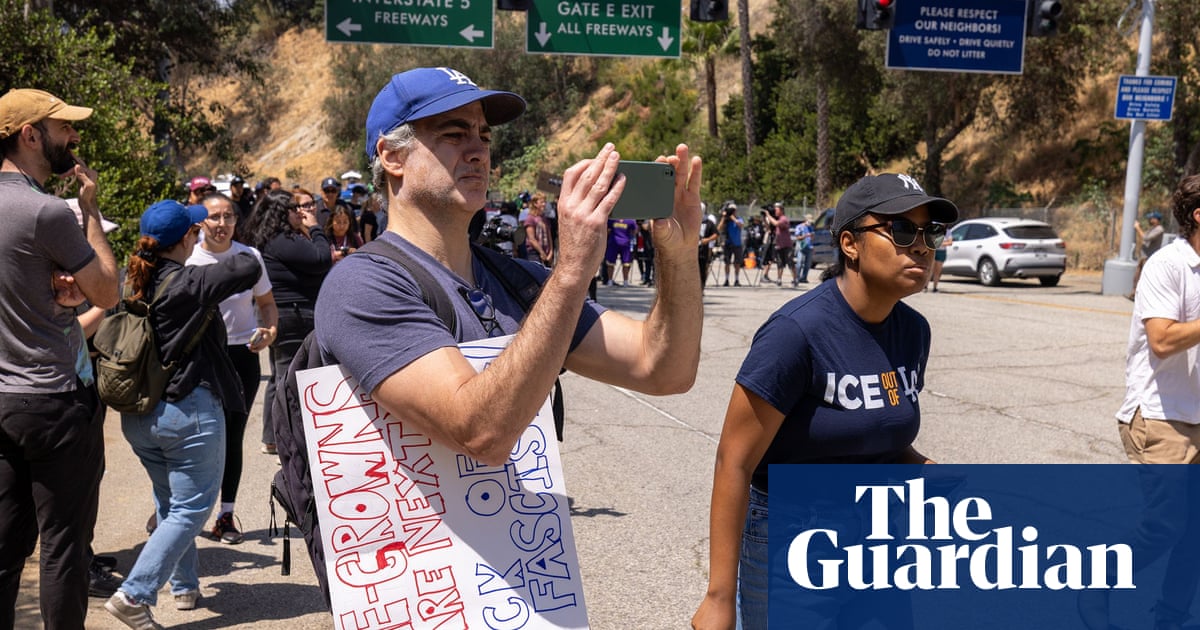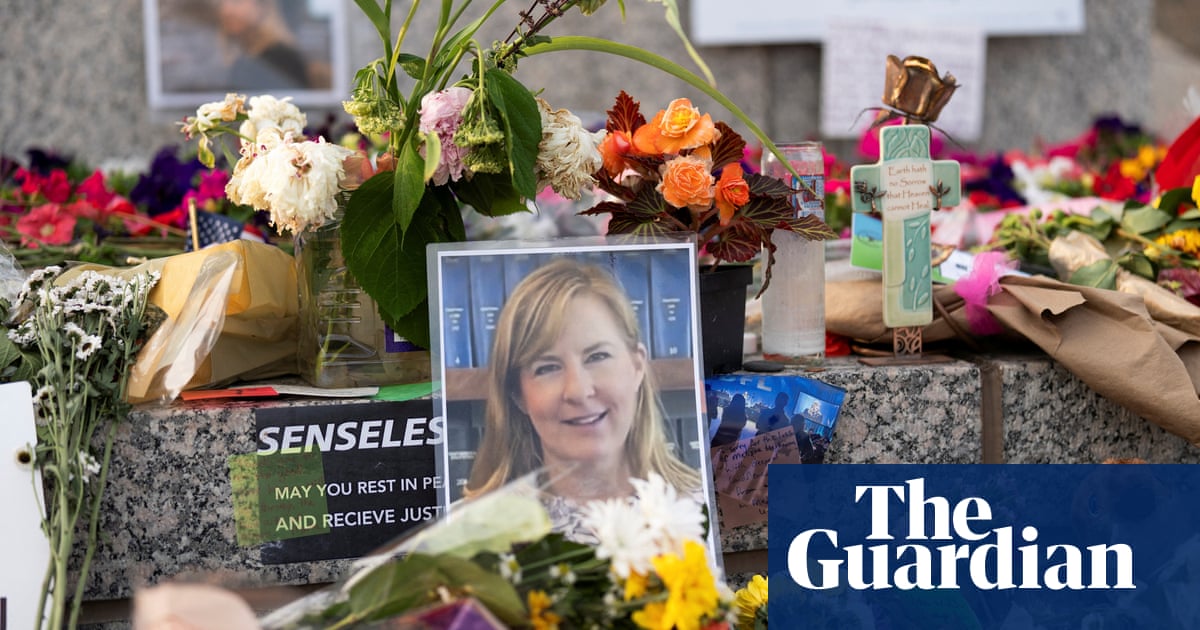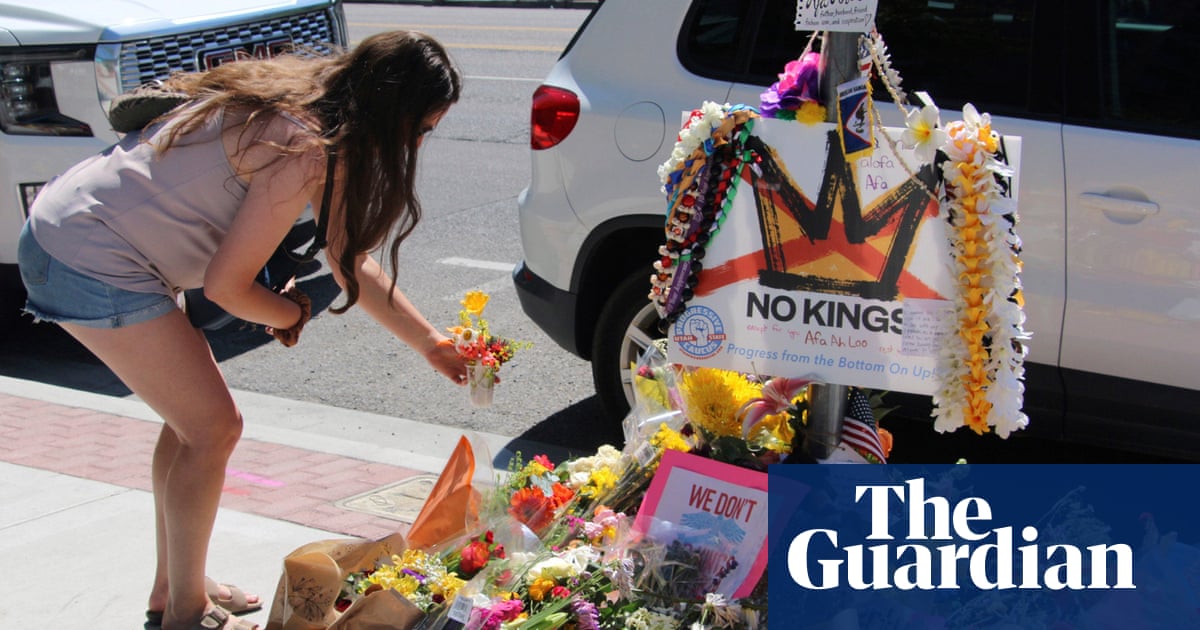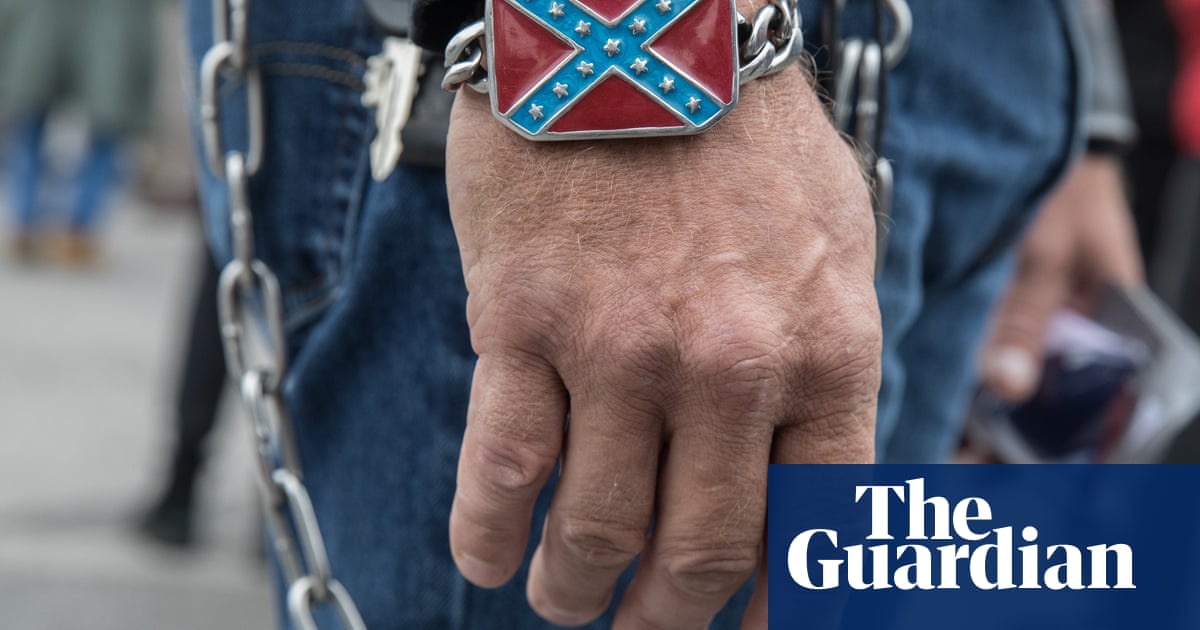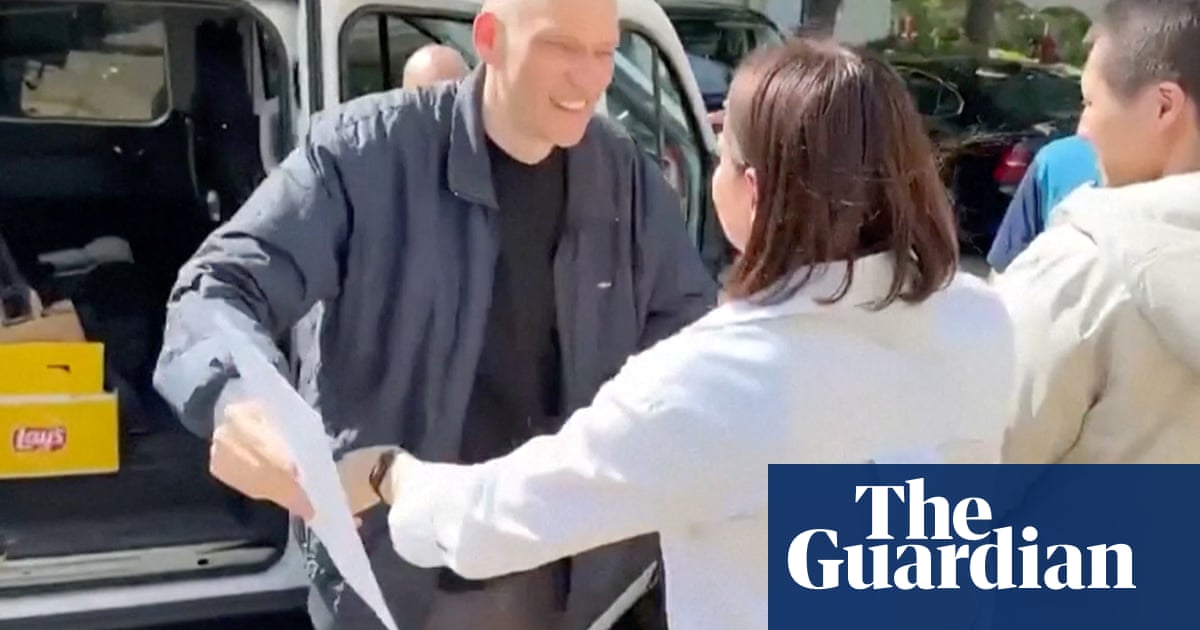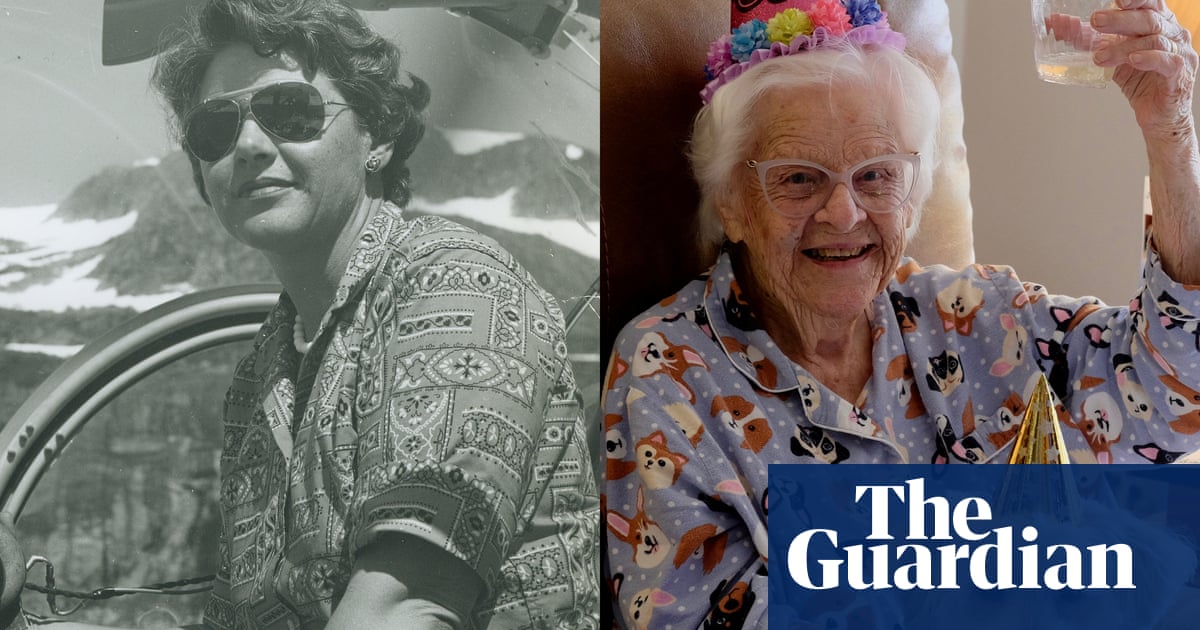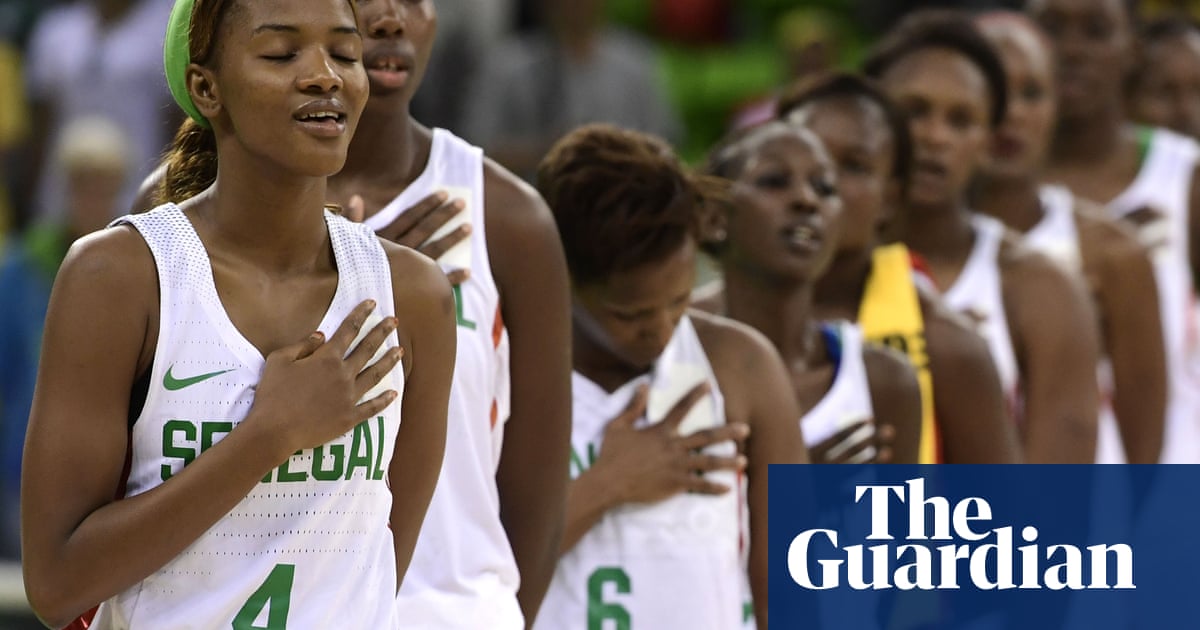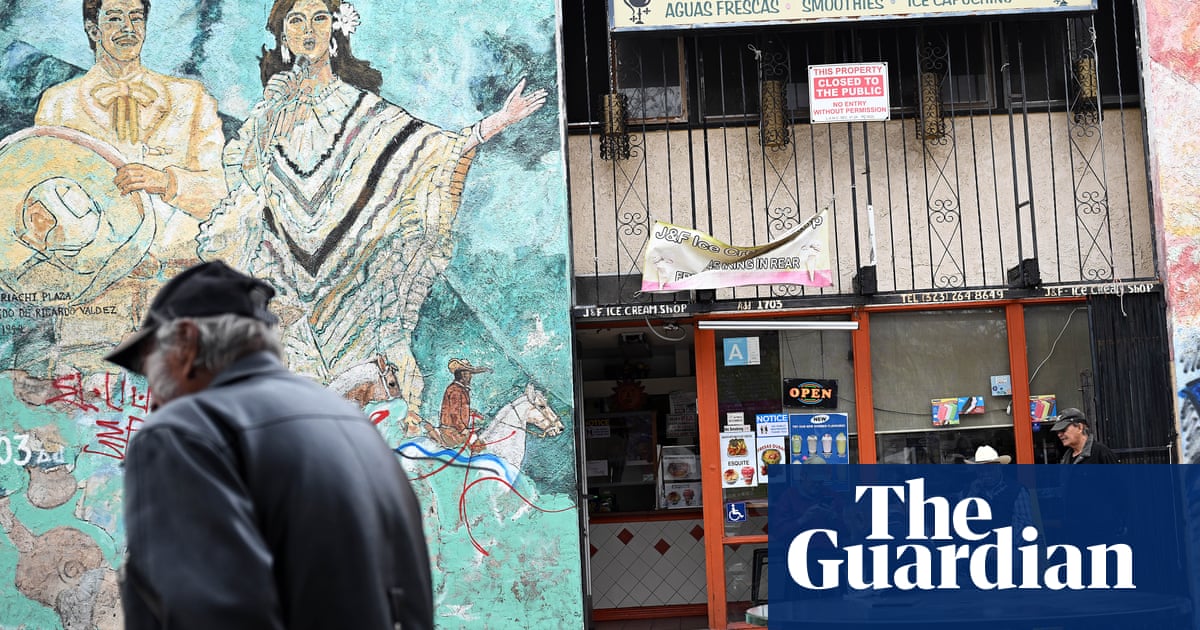Sex seems to be everywhere – in TV and films, the quagmire of porn online – but young people are increasingly not getting it in real life. The Next Steps longitudinal study following more than 16,000 people, by University College London, found that one in eight 26-year-olds still hadn’t had sex.
Hence Channel 4’s new show, Virgin Island, which depicts a two-week “radical retreat” led by sexologists Danielle Harel and Celeste Hirschman and a team of experts. The 12 participants are all virgins, and their varied issues around physical intimacy are explored via therapies that include sex coaches stripping naked and encouraging participants to pleasure them. The hope being that sex might be something they get to experience in the next fortnight.
“There is a stigma around it,” says Ben, one of the participants, when we speak. He was daunted about taking part in a TV show and outing himself as a virgin, but hopes it will help others. “There probably are quite a few people out there who have the same problems we’ve had. I don’t think it’s particularly uncommon nowadays.”
It’s not that Ben, a civil servant, doesn’t attract women – he’s been on around 50 dates in the last 10 years, and has had girlfriends, but when it gets to a more intimate stage, he pulls away. “I just didn’t have the confidence, because I didn’t know what I was doing,” he says. Being bullied at school stripped his self-esteem – “it makes you feel like you’re not worthy of someone being interested in you” – and by the time he was at university he felt left behind sexually. To be a male virgin comes with its own challenges. People, he says, think that if you haven’t had sex, “you must be a weirdo”. Or that he’s a misogynist incel. “The actual technical meaning is ‘involuntary celibate’. That doesn’t help either; you get lumped in with them.”
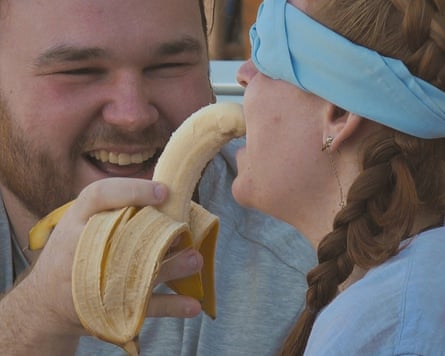
So he decided to take part in the programme: “I got to the stage where I thought I probably do need some sort of professional help.” Some of it was uncomfortable – there was a discussion on masturbation “which I found really weird, and I was pretty much silent the entire time”. But in a one-on-one session with a therapist, he touches and kisses her, apparently with no issues. “You do feel a bit self-conscious,” he says of the cameras. But overall it was a positive experience. “I’m more confident in myself. I realised I was emotionally self-harming – that when I used to get rejected, I thought I was ugly and repulsive, and no one could possibly be interested in me. Even when they were, I didn’t truly believe it. The show managed to banish that.”
The 12 virgins are brought together on a Mediterranean island, fitted out with tents, therapy rooms (with comfortable sofas, all the better for reclining and touching) and bedrooms. In one of the first group workshops, Harel and another therapist share an intimate clinch up against a wall in front of everyone. “It was quite shocking,” says Ben. With the participants, though, he says, “they actually started with some tame stuff”. Tame, if still wildly awkward. The group are asked to write their “hottest” sexual fantasy, then read it out to the others. Another day, working on letting go of inhibitions, the participants are asked to get on all fours and explore their “inner animal”, prowling round a therapist doing the same, and rubbing up against each other, perhaps a bit of mounting. You don’t have to be a virgin to find this excruciating; you just have to be British.
Perhaps more challenging, especially for some participants, are the one-on-one sessions where touch is explored. One woman is fine with a therapist’s hand on her knee but anything much higher and she says she feels like she might have a panic attack. Others are open to more – Hirschman straddles one participant (they’re both fully clothed) and some sexy moves ensue. Afterwards, beaming, he’s like a different person.
The participants are also encouraged to work together by themselves, feeding each other fruit or taking turns to massage one another. Without the care and guidance of Harel and Hirschman, it can be tricky – one woman is casually unkind about another person’s body, wounding his confidence. But this is part of it, says Hirschman. “One of the things people need to learn in order to have intimacy is resilience, because they do have to survive rejection. One of the reasons so many of them were holding back is fear of something like that happening. I think he was able to make it through that experience. He just continued to blossom.”
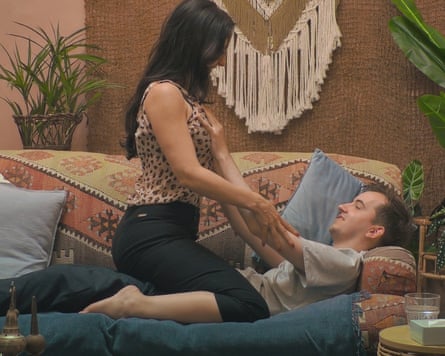
There are lots of reasons why intimacy is a challenge for people, say Harel and Hirschman. Shame is a big issue. “There’s so much exposure to different kinds of sexuality, but also to perfection,” says Hirschman. “Everyone shows themselves in their best Instagram mode, everything is very carefully curated, and it creates fear: ‘I have to be that perfect to be able to be seen or connect intimately.’ It creates body image issues. In order to feel good about connecting, you really want to feel good about your body, to feel ‘my body deserves pleasure, my body is lovable’. Pleasure happens in the body, and if we feel this disconnect, it’s really hard to create intimacy.” Increasingly extreme pornography, she adds, “intimidates people, who think: ‘Is that what sex is going to be like?’”
People in their 20s – at 30, Ben is the oldest in the group – had their adolescence coincide with social media and smartphones. Older generations could experiment without the fear of being shamed by peers, or at risk of going viral. “We had a lot more opportunities for those social interactions,” says Hirschman, “and we were not so observed all the time. I think those natural processes of communication, talking, hanging out, are much less available to young people these days.” Touch, in general in society, is declining – people are wary it will be taken the wrong way, but this comes at a cost. People “don’t get this touch connection as much”, says Harel. Then the pandemic happened, she points out, creating further isolation.
Hirschman and Harel, sex and relationship therapists who created their teaching method about 15 years ago, want to bring people back in touch with their bodies. “It’s about helping them feel more connected to what is inside, being more comfortable with all the experiences they have in their body,” says Harel. “Just talk therapy is not sufficient to create this kind of transformation, but experiencing and really feeling … bypasses just the ‘thinking’.” We’re on our phones, and in our heads. We have become, adds Hirschman, “very disembodied. Pleasure and sex and desire and arousal, all of those things come from the body.”
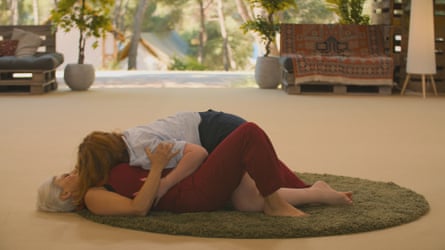
Their own bodies can be therapeutic tools – in the first two episodes I’ve seen, both stroke, kiss and rub up against the participants in intense one-on-one sessions, all on camera. How do they cope with the awkwardness – an erection, for instance?
“I don’t actually experience it as awkward,” says Hirschman. “It’s a natural progression of an erotic experience so it’s not like I ignore or acknowledge, it’s just: here we are in this experience together, and it feels good. It’s an expression of desire.” One of the more adventurous virgins is introduced fairly early on to a “surrogate partner therapist”, who, under the supervision of another therapist, can have sex with a client. “I think surrogate partner therapy is profoundly transformative,” says Hirschman. “For the folks who need to have that pace of trying something slowly with somebody who can really walk them through it, it is so helpful.” If it’s startling, in the show it also doesn’t feel exploitative, on either side.
For participant Taylor, taking part was nerve-racking. “But I thought, why not? The worst that can happen is I get a free therapy session.” It felt good, she says, to think that if a viewer who identified with her issues could watch her, “it’s going to give somebody else the opportunity to maybe learn vicariously from me”. At 29, her virginity felt unusual in her age group, so it was comforting to meet others. “It felt like a little community, like we all had something in common, even though we all had different things to work on.” For Taylor, previous intimate experiences tended to be negative, with unwanted sexual contact. Sex education was lacking at her religious school, and Taylor only found out from a friend at university that women had orgasms. She was also realising she was bisexual.
She has used dating apps, but this hasn’t been conducive to a positive first experience. “If somebody’s just looking for sex, there’s so many people who are happy to do that, so why would they wait however long it’s going to take me to be comfortable, when they could just find someone who’s ready now?” Sometimes she has told dates she is a virgin. “They think it’s either weird or hot.”
In the show, Taylor becomes easily emotional – which wasn’t a huge surprise, she says. “I have big feelings, but I was like, I’m not going to cry – and immediately there’s tears. When it’s that focused on you and your needs for the first time, it is really stressful.” But the whole experience has been positive, she says. “It has changed life for me. I feel like I know myself a lot better. And I’m not willing to make myself uncomfortable for the sake of doing something I ‘should’ be doing.”
Virgin Island is on Channel 4 on 12 May at 9pm.

 1 month ago
29
1 month ago
29

